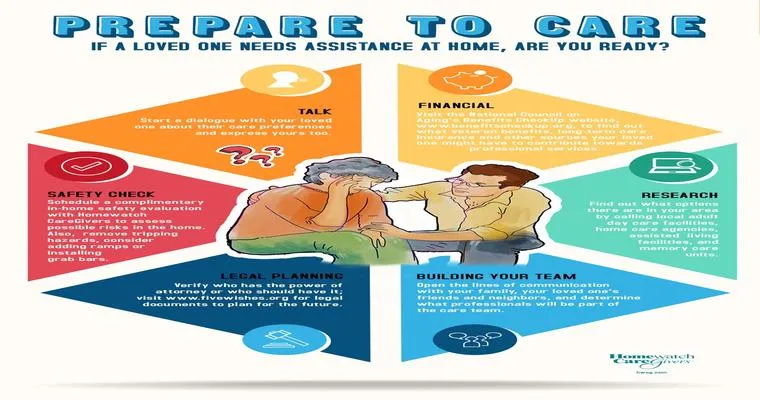Navigating family dynamics can be challenging, especially when it involves the "care of a loved one". In this situation, your "sister", who is supposed to be your mom's "primary caregiver", has allowed her daughter and baby to move in, leading to concerns about your mom not receiving the "proper care" she deserves. If you find yourself in this predicament, it may be time to consider how to address this issue effectively and compassionately.
First, it is crucial to assess the current situation. Observe how the living arrangement has impacted your mom's wellbeing. Has her health deteriorated since your sister's family moved in? Are there specific instances where your sister has been unable to provide the necessary attention to your mom? Documenting these examples can help you articulate your concerns clearly when discussing the situation with your sister or other family members.
Open communication is vital. Approach your sister in a calm and understanding manner. Instead of accusing her of neglect, express your worries about your mom's "health and safety". Use "I" statements, such as "I feel that Mom is not getting the care she needs," rather than "You are not taking care of Mom." This can help prevent defensiveness and foster a more productive conversation.
If discussions with your sister do not lead to a resolution, consider involving other family members. They may be able to provide support or additional perspectives on the situation. Sometimes, having a neutral third party can help mediate the discussion and facilitate a more positive outcome.
If the situation does not improve and your mom's welfare continues to be at risk, you may need to consider more formal actions. Research local resources, such as "adult protective services", that can provide assistance in cases of neglect or inadequate care. They can conduct an assessment and determine if your mom needs to be relocated to a safer or more supportive environment.
Another option is to seek legal advice. Understanding your rights as a family member and exploring potential legal avenues can empower you to take action if necessary. However, this should be a last resort, as it can lead to more significant family conflicts.
Ultimately, the goal is to ensure that your mom receives the "attention and care" she needs. It is essential to approach the situation with compassion and a focus on her wellbeing. By following these steps, you can work towards a solution that prioritizes your mom's needs while addressing the challenges posed by the current living arrangement. Remember, maintaining a respectful dialogue is key to resolving family issues and finding a path forward that benefits everyone involved.





